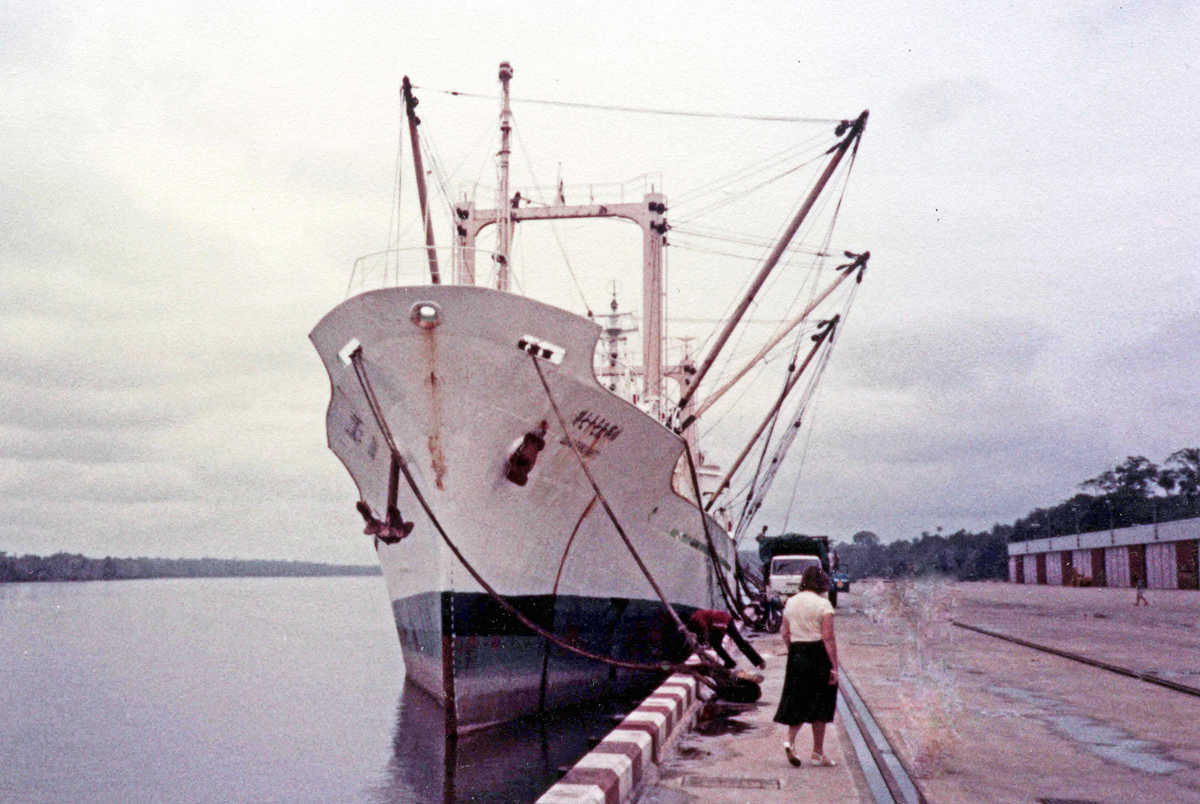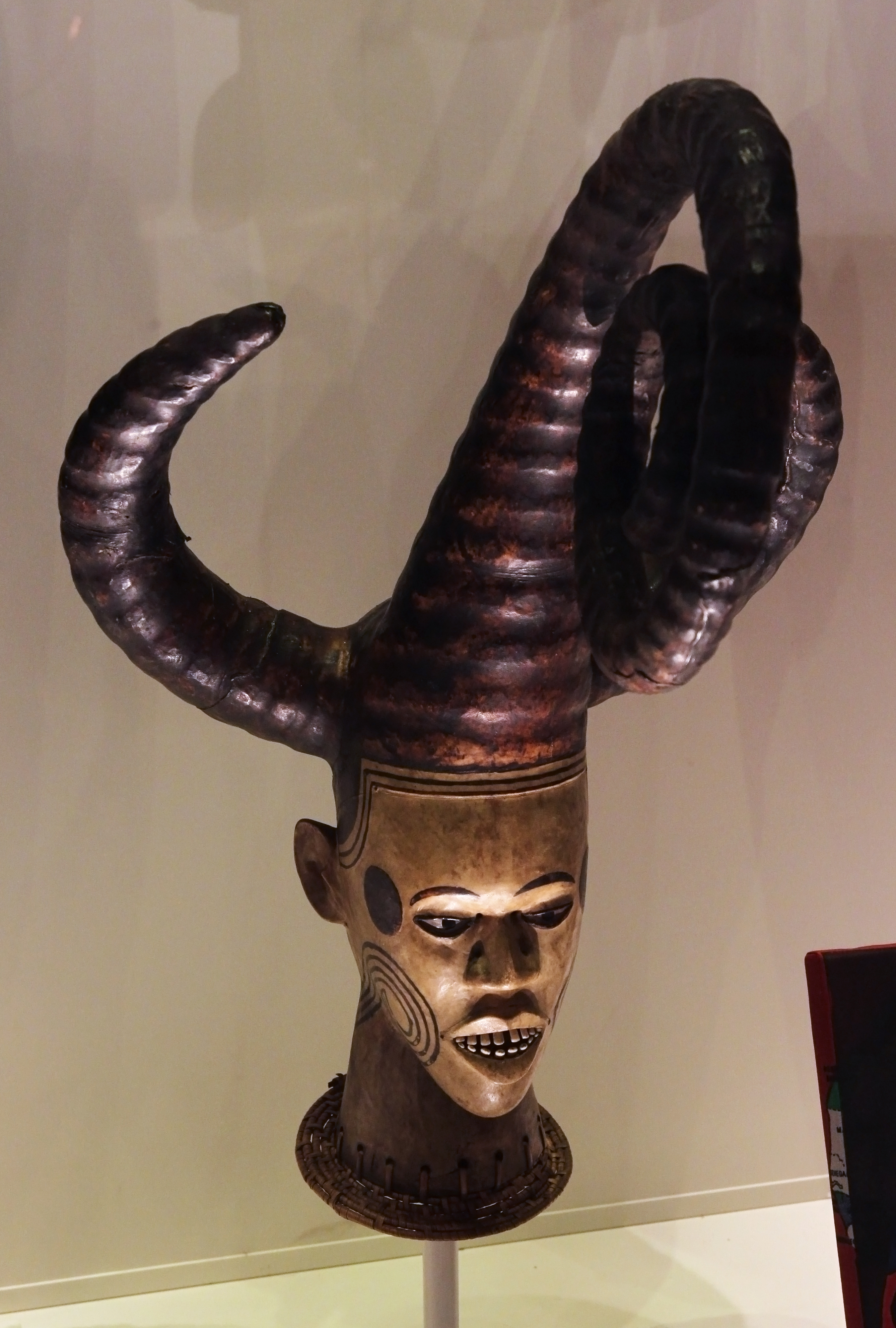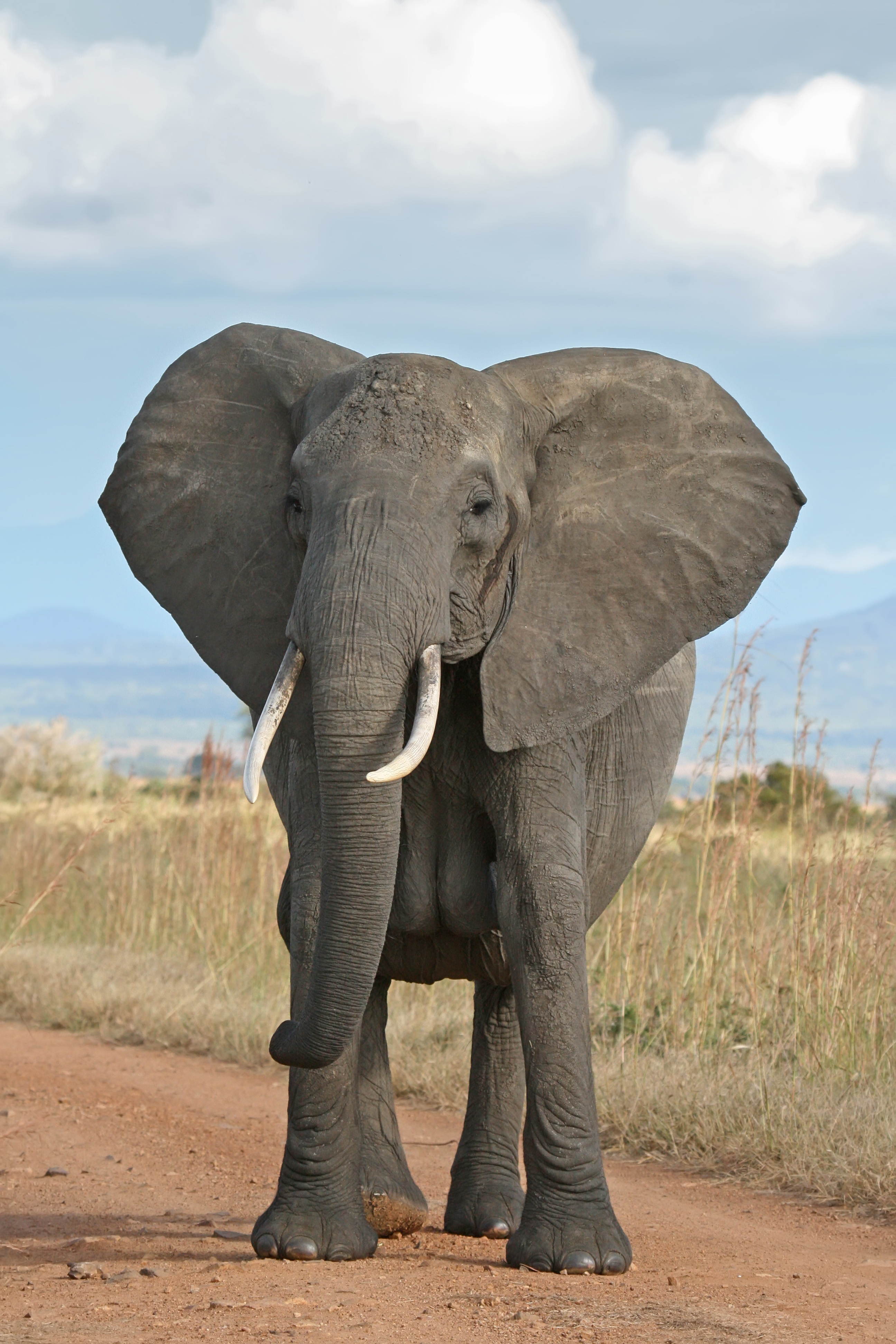|
Nigerian Traditional State
There are many traditional states in Nigeria. A partial list follows. Although the Nigerian traditional rulers, traditional rulers no longer officially have political power, they still have considerable status in Nigeria and the power of patronage. Except where otherwise noted, names of traditional rulers are based on the World Statesmen.org list. See also *Nigerian Chieftaincy *Nigerian traditional rulers References {{Nigerian traditional states Nigerian traditional states, Former Nigerian administrative divisions, Traditional states of Nigeria Nigerian traditional rulers, States Lists of states of Nigeria, Traditional states ... [...More Info...] [...Related Items...] OR: [Wikipedia] [Google] [Baidu] |
Nigeria
Nigeria, officially the Federal Republic of Nigeria, is a country in West Africa. It is situated between the Sahel to the north and the Gulf of Guinea in the Atlantic Ocean to the south. It covers an area of . With Demographics of Nigeria, a population of more than 230 million, it is the List of African countries by population, most populous country in Africa, and the List of countries and dependencies by population, world's sixth-most populous country. Nigeria borders Niger in Niger–Nigeria border, the north, Chad in Chad–Nigeria border, the northeast, Cameroon in Cameroon–Nigeria border, the east, and Benin in Benin–Nigeria border, the west. Nigeria is a Federation, federal republic comprising 36 States of Nigeria, states and the Federal Capital Territory, Nigeria, Federal Capital Territory, where its capital, Abuja, is located. The List of Nigerian cities by population, largest city in Nigeria by population is Lagos, one of the largest List of largest cities, metr ... [...More Info...] [...Related Items...] OR: [Wikipedia] [Google] [Baidu] |
Oba (king)
''Oba'' ('King' in the Yoruba language) is a pre-nominal honorific for kings in Yorubaland. Traditional rulers with dynasties of Yoruba origin, across the modern republics of Benin, Nigeria, and Togo, frequently make use of it. Examples of Kings that do this include Oba Ogunwusi of Ile-Ife, Oba Aladelusi of Akure and Oba Akiolu of Lagos and Oba Ewuare II of Benin. Although the Benin Kingdom is not located within Yorubaland, its Oba ruling dynasty traces its origin to Ile-Ife, the spiritual and historical center of the Yoruba culture. The title is distinct from that of ''Oloye'' in Yorubaland, which is itself used in like fashion by subordinate titleholders in the contemporary Yoruba chieftaincy system. Aristocratic titles among the Yoruba The Yoruba chieftaincy system can be divided into four separate ranks: royal chiefs, noble chiefs, religious chiefs and common chiefs. The royals are led by the obas, who sit at the apex of the hierarchy and serve as the fons honorum o ... [...More Info...] [...Related Items...] OR: [Wikipedia] [Google] [Baidu] |
Calabar
Calabar (also referred to as Callabar, Calabari, Calbari, Cali and Kalabar) is the capital city of Cross River State, Nigeria. It was originally named Akwa Akpa, in the Efik language, as the Efik people dominate this area. The city is adjacent to the Calabar and Great Kwa rivers, and the creeks of the Cross River (from its inland delta). Calabar was once described as the tourism capital of Nigeria, especially due to several initiatives implemented during the administration of Donald Duke as the Governor of Cross River State (1999–2007). The city became the cleanest and most environmentally friendly city in Nigeria. Administratively, the city is divided into Calabar Municipal and Calabar South Local Government Areas. It has an area of and, as of the 2006 census, a population of 371,022. Both LGAs together had an estimated population of 571,500 in 2022. History Seaport, slave trade When Portuguese explorers in the 15th century reached this part of the Guinea ... [...More Info...] [...Related Items...] OR: [Wikipedia] [Google] [Baidu] |
Akwa Akpa
Duke Town, originally known as Atakpa, is an Efik city-state that flourished in the 19th century in what is now southern Nigeria. The City State extended from now Calabar to Bakassi in the east and Oron to the west. Although it is now absorbed into Nigeria, traditional rulers of the state are still recognized. The state occupied what is now the modern city of Calabar. Origins and society The Efik speak a language that is a subgroup of the Niger–Congo language group. They had become a power on the coast of the Bight of Biafra by the early 18th century, by which time the Duke and Eyamba families were their leaders. They were settled in large, fortified villages along the waterways, in a loose federation with no paramount ruler, living by fishing and farming. The largest settlements were Ikot Itunko, Obutong and Iboku Atapka. In the 19th century, the British renamed these as Creek Town, Old Town and Duke Town. Religion The traditional Efik religion considers that Abasi create ... [...More Info...] [...Related Items...] OR: [Wikipedia] [Google] [Baidu] |
Akure
Akure is a city in south-western Nigeria. It is the Capital city, capital and largest city of Ondo State. The city had a population of 403,000 as of the 2006 population census. Its current population is estimated at 774,000. A millennium City History Pre-1914 Rock engravings prior to the Mesolithic period, have been discovered on the outskirts of Akure. Also the oldest ''Homo sapiens'' fossil ever found in West Africa thus far was discovered there, dating back to around 11,000 years ago. The Akure Kingdom is regarded as one of the sixteen Ancient history, ancient Ekiti people, Ekiti kingdoms. According to oral history, a person by the name of Alakure founded Akure, but Omoremilekun Asodeboyede (a descendant of Oduduwa) actually established the present dynasty of monarchs and the modern Akure Kingdom. The ...[...More Info...] [...Related Items...] OR: [Wikipedia] [Google] [Baidu] |
Akure Kingdom
The Akure Kingdom is a traditional state with headquarters in Akure, Ondo State, Nigeria. It is the successor to an ancient Yoruba city state of the same name. The ruler bears the title "Deji of Akure". Location Akure is located in southwestern Nigeria. The climate is hot and humid, influenced by rain-bearing southwest monsoon winds from the ocean and dry northwest winds from the Sahara Desert. The rainy season lasts from April to October, with rainfall of about 1524mm per year. Temperatures vary from 28 °C to 31 °C with mean annual relative humidity of about 80%. Language The people of Akure speak the Akure dialect of the Yoruba language. As one of the historic kingdoms of the Ekiti subgroup of the Yoruba people, the Akure dialect is considered by most Yoruba linguistic research to be a subdialect of the Ekiti Yoruba dialect. Foundation The region where Akure exists has been resided in for millennia; the Iwo Eleru skull was found in Isarun, a few miles from Akur ... [...More Info...] [...Related Items...] OR: [Wikipedia] [Google] [Baidu] |
Egbaland
The Egba people are a subgroup of the Yoruba people, an ethnic group of western Nigeria, a majority of whom are from the central part of Ogun State, that is Ogun Central Senatorial District. Ogun Central Senatorial District comprises six local government areas: Abeokuta North, Abeokuta South, Ewekoro, Ifo, Obafemi Owode and Odeda local governments. Other Egba are located in Lagos West, Lagos East, Oyo North, and Oyo South senatorial zones. Before the creation of the Southern Nigeria Protectorate, Egba territory and people is bordered by the Ketu (Benin) in the West, the Lagos Colony in south, Ijebu in the east, and Oyo, Ibadan and Isoya near Ile Ife in the north. The people are directly connected to the Ogun River, but detached from the swampy coast of Lagos. Through the Egba land, there are direct routes to other Yoruba towns, including Lagos, Ibadan, Ijebu-Ode, Ketu (Benin), and Porto Novo (Àjàṣẹ́) in the Benin Republic. Etymology The origination of the word "Eg ... [...More Info...] [...Related Items...] OR: [Wikipedia] [Google] [Baidu] |
Alake Of Egba (title)
The Alake of Egbaland is the paramount Yoruba king of the Egba people, Egba, a clan in Abeokuta, Ogun State, southwestern Nigeria. Egba consists of Egba Ake, ,Oke-Ona and Egba Gbagura. Pre-Abeokuta history of the Alake According to oral tradition, the Alake, believed to be a descendant of Oduduwa, was the monarch of the Ake subgroup of the Egba. The Alake was likely under the power and influence of the Alaafin. The Aláké ruled in a region known as "Igbó Ẹ̀gbá," north of present day Abeokuta. There were over 20 kings that ruled Ake before the Ake settled in Abeokuta in 1830. The exact dates of their reigns are still unclear, and many of the names of the supposed kings are linked to oriki or nicknames. The first Alake to rule is said to be Ajalake, who may have ruled sometime in the 15th or 16th century. Laarun, an Alake of Egbaland who ruled during the 18th century, was the great-grandfather of Shomoye, the Bashorun of Egbaland through Laarun's son Lukoye. Lukoye was also ... [...More Info...] [...Related Items...] OR: [Wikipedia] [Google] [Baidu] |
Adedotun Aremu Gbadebo III
Adedotun Aremu Gbadebo III (born 14 September 1943) is the current Alake of Egba, a clan in Abeokuta, Nigeria. He has ruled since 2 August 2005. Early life Gbadebo was born on 14 September 1943, into the Laarun Ruling House. He is a grandson of the sixth Alake of Egbaland, Oba Gbadebo, who ruled from 1898 to 1920, and is a nephew of Oba Gbadebo II. His great grandfather was Okukenu, the first Alake of Egbaland. Through Okukenu, Gbadebo's lineage traces back to Laarun, an Alake of Ake who ruled in the early 1700s. Laarun is Gbadebo's 5x-great-grandfather. Gbadebo attended the Baptist Boys' High School in Abeokuta and Ibadan Grammar School, then went on to University of Ibadan in 1965, obtaining a Bachelor of Arts degree in 1969. He joined the army in 1969, and attended the Command and Staff College, Jaji from September 1978 to August 1979. He eventually became a Principal Staff Officer to Major-General Tunde Idiagbon, the Chief of Staff at the Supreme Headquarters, Dodan Ba ... [...More Info...] [...Related Items...] OR: [Wikipedia] [Google] [Baidu] |
Abeokuta
Abeokuta is the capital city of Ogun State located at the south western part of Nigeria. It is situated on the east bank of the Ogun River, near a group of rocky outcrops in a wooded savanna; north of Lagos by railway, or by water. , Abeokuta and the surrounding area had a population of 449,088. Geography and economy Abẹokuta lies in fertile country of wooded savanna, the surface of which is broken by masses of grey granite. It spreads over an extensive area, being surrounded by mud walls 18 miles in extent. Palm oil, lumber, natural rubber, yam (vegetable), yams, rice, cassava, maize, cotton, fruits, and shea butter are the chief articles of trade. It is a key export location for cocoa bean, cocoa, palm products, fruits, and kola nuts. Both rice and cotton were introduced by the missionaries in the 1850s and have become integral parts of the economy, along with the dye indigo. Abeokuta lies below the Olumo Rock, home to several caves and shrines. The city depends on the ... [...More Info...] [...Related Items...] OR: [Wikipedia] [Google] [Baidu] |
Egba Ake
Egba Ake, otherwise known as Egba Alake, is one of the four sections of Egbaland, the others being Oke-Ona, Gbagura, and the Owu (Ibara is often mentioned as another section; this is part of Yewa historically, not Egba, though it is also located in the present-day Abeokuta geographically). It is a traditional state which joins with its bordering sections to form something of a high kingship. The Alake of Abeokuta, or Alake of Egbaland, is the traditional ruler of the Egba clan of Yoruba in the city of Abeokuta in southwestern Nigeria. The Egba Ake section is seen by traditionalists as Abeokuta's aristocracy because its principal noblemen, the Omo-Iya-Marun, serve as the kingmakers of the Alake, who must himself also come from this section. History The Egba people's original homeland in the Egba forest was established by Yoruba migrants from elsewhere. According to ''The History of the Yorubas'' by Samuel Johnson, Eso Ikoyi chiefs in the retinue of the first Alake of the ... [...More Info...] [...Related Items...] OR: [Wikipedia] [Google] [Baidu] |
Anyama, Ogbia
Anyama Town, also known as Anyama-Ogbia or the Kingdom of Anyama-Ogbia, is a historic Ijaw people, ijaw and a traditional Non-sovereign monarchy, subnational monarchy with origins dating back to the 17th century. Founded in 1655 by Adih, a successful fisherman and trader, the town became an important center for commerce, dealing in seafood, palm oil, and other goods. Located in the Ogbia Local Government Area of Bayelsa State, Anyama town is also the headquarters of the Anyama Clan. Initially called ''Otu-Egbesu'', meaning "home of Egbesu," the town’s name reflects its spiritual connection to the Egbesu deity, the Ijaw people, Ijaw deity of war, protection, and justice. Though the town has faced ongoing challenges such as coastal erosion, which threatens its land and infrastructure. Anyama Town serves as the administrative hub of the Anyama, Ogbia#Anyama Clan, Anyama Clan, one of the four clans that make up the Ogbia Kingdom, playing a central role in the region's governance a ... [...More Info...] [...Related Items...] OR: [Wikipedia] [Google] [Baidu] |




